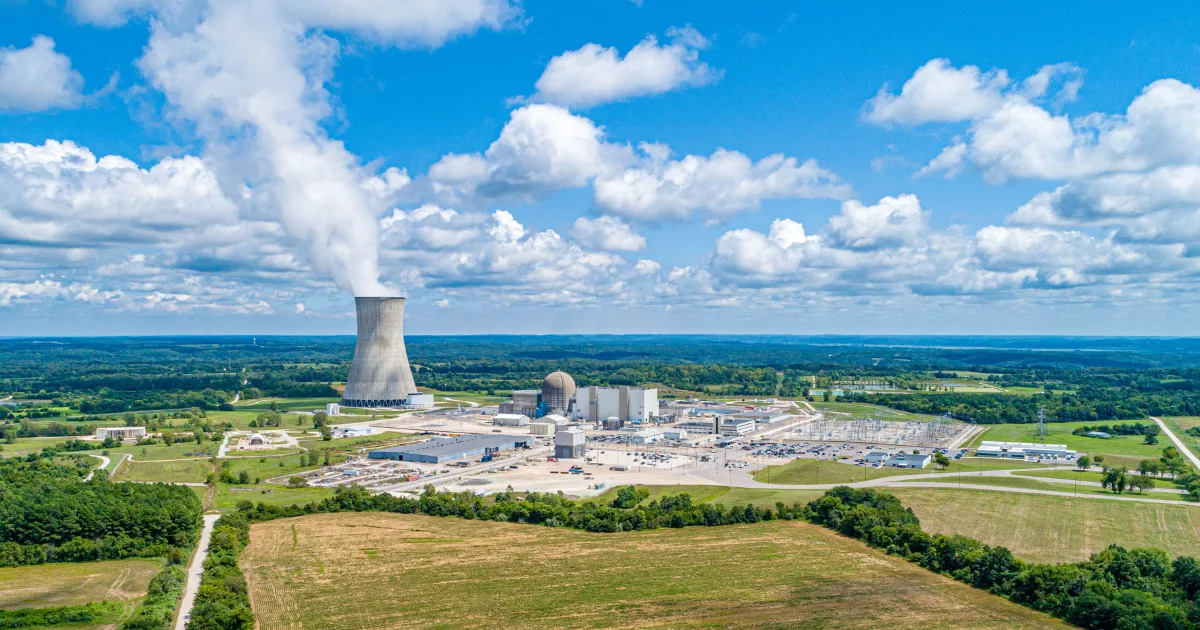Essential for ceramic applications.
High-performance mineral in refractories.
With a unique resistance to heat and corrosion, zirconium sand provides excellent results in sectors that demand reliable and consistent performance, from foundries to ceramics manufacturing.

Zircon, a high-purity zirconium sand, is widely valued for its thermal stability and durability, making it a sought-after solution for a range of industrial uses. LKAB Minerals supplies top-quality zircon, ideal for high-temperature environments such as casting and refractory applications. Explore how LKAB Minerals’ mineral solutions can support your industry’s requirements, enhancing both product quality and process efficiency.

LKAB Minerals offers Zirconium Silicate, widely known as Zircon as sand and flour grades for a range of industries.
Zicon (Zirconium Silicate) has applications across a wide range of industries, including the ones below:
A rapidly growing sector for the use of Zircon is the production of zirconium-based chemicals in the nuclear industry. We offer Zircon Sand and Zircon Flour for all applications.
Both products are available in 25kg sacks as standard.
Zircon (Zirconium Silicate) is a versatile mineral used in various industries due to its unique properties, such as high thermal stability and low thermal expansion.
These chemicals are widely used in the production of specialised coatings, electronics, and industrial chemicals.
Ceramic tiles
Refractory materials
Foundry applications
Nuclear industry
Zirconium-based chemicals
The typical properties of Zircon.
| ZrO2 & HfO2 | 65.8% |
| SiO2 | 33.0% |
| Al2O3 | 1.1% |
| Fe2O3 | 0.09% |
| TiO2 | 0.24% |
| P2O5 | 0.08% |
| ZrO2 & HfO2 | 65.8% |
| SiO2 | 33.0% |
| Al2O3 | 1.1% |
| Fe2O3 | 0.09% |
| TiO2 | 0.24% |
| P2O5 | 0.08% |
| Bulk Density | 2.7 kg/m3 |
| Specific Gravity | 4.6 g/cm3 |
| Melting Point | 2,200oC |
Our products originate from Australia.
Zircon is an inert material. Please refer to the Material Safety Data Sheet – available to download from our company information page – for further information.
Select Zircon from LKAB Minerals for reliable solutions in high-temperature applications. Our team is here to provide the guidance you need to incorporate zirconium sand into your processes. Visit our main product page or reach out to our friendly team for more details on how our minerals can help enhance your manufacturing and logistical processes.
You can also find us on social media channels such as Facebook, LinkedIn and YouTube. Together, let’s build a better future with high-quality minerals.
If you wish to have your personal data removed after submitting this form please contact us directly. See our privacy policy for contact details.
Terms & Privacy policy